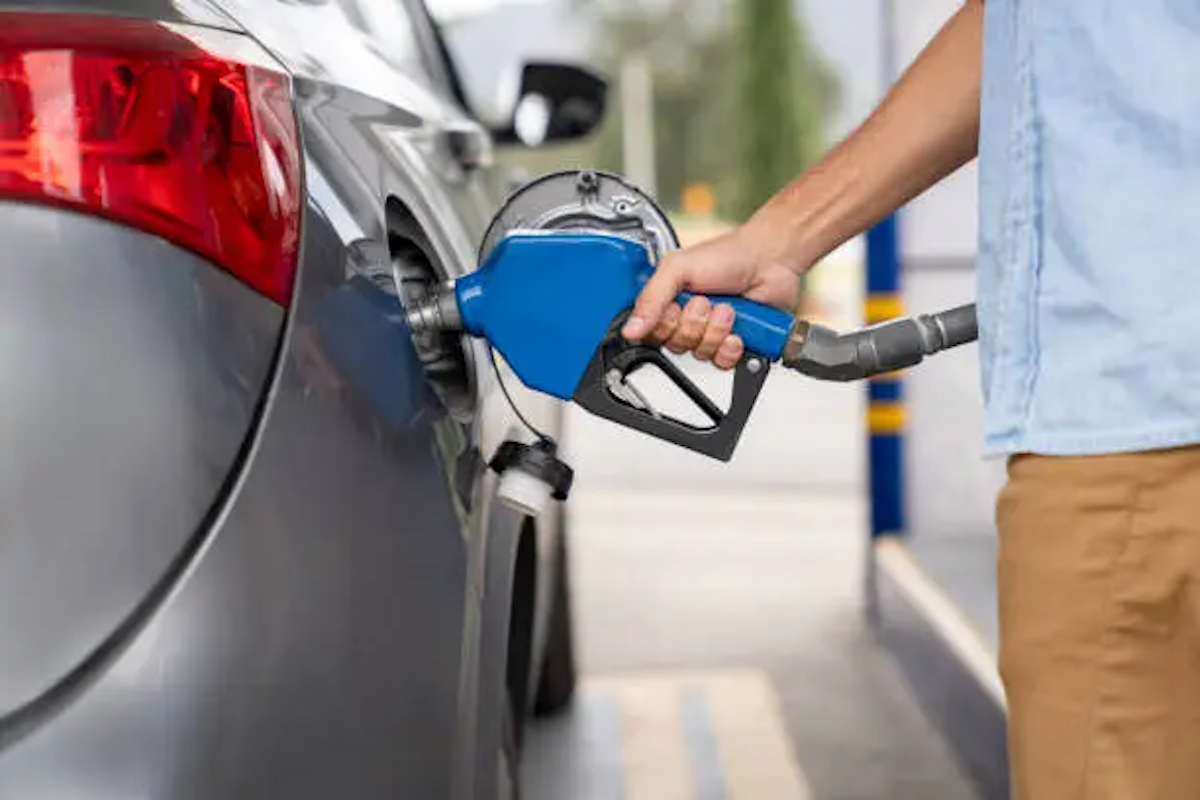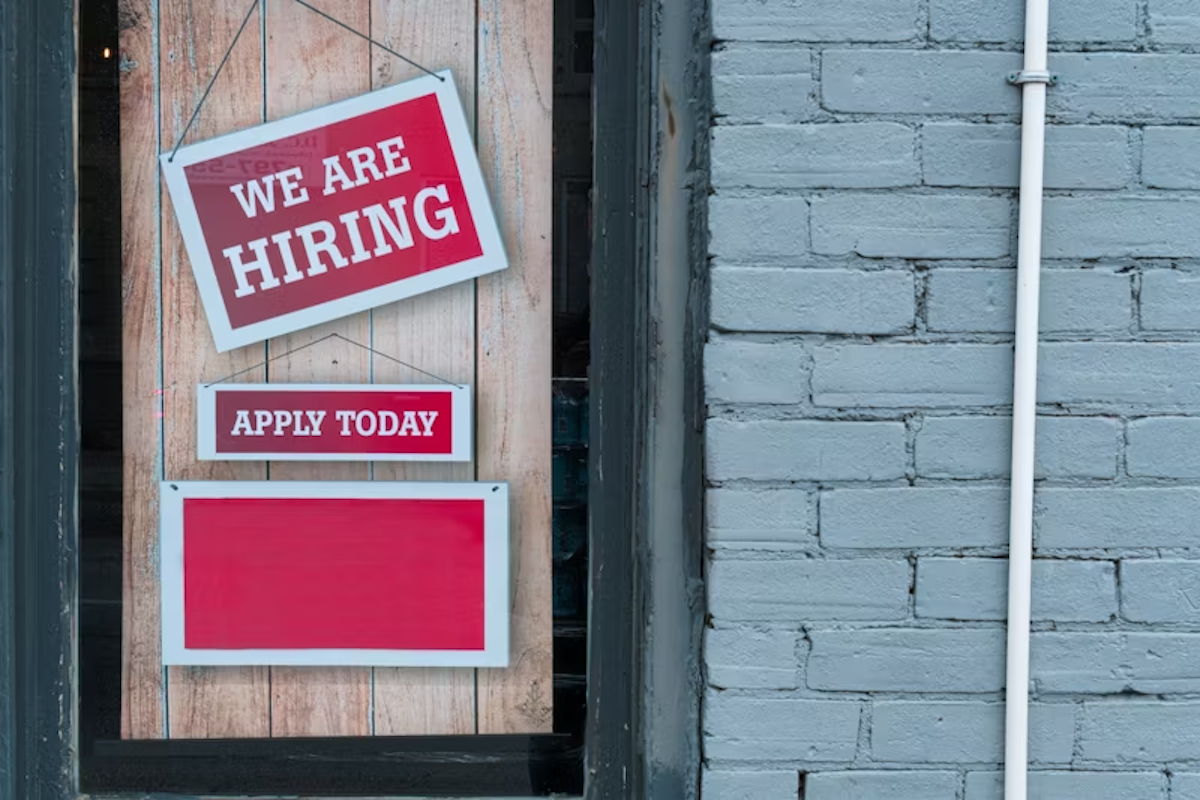5 Hospitality Payroll Software Platforms You Need to See
Running payroll shouldn’t feel like trying to balance a tray of drinks during a dinner rush. But for a lot of hospitality teams, it unfortunately...
Platform
Combining online ordering, loyalty, omnichannel messaging, AI insights, and payments in one platform. Paytronix delivers relevant, personal experiences, at scale, that help improve your entire digital marketing funnel by creating amazing frictionless experiences.
A Complete Customer Experience Platform
Online Ordering
Acquire new customers and capture valuable data with industry leading customization features.
Loyalty
Encourage more visits and higher spend with personalized promotions based on individual activity and preferences.
Catering
Grow your revenue, streamline operations, and expand your audience with a suite of catering tools.
CRM
Build great customer relationships with relevant personal omnichannel campaigns delivered at scale.
Artificial Intelligence
Leverage the most data from the most customer transactions to power 1:1 marketing campaigns and drive revenue.
Payments
Drive brand engagement by providing fast, frictionless guest payments.
Solutions
We use data, customer experience expertise, and technology to solve everyday restaurant and convenience store challenges.
Contactless Experiences
Accommodate your guests' changing preferences by providing safe, efficient service whether dining-in or taking out.
Customer Insights
Collect guest data and analyze behaviors to develop powerful targeted campaigns that produce amazing results.
Marketing Automation
Create and test campaigns across channels and segments to drive loyalty, incremental visits, and additional revenue.
Mobile Experiences
Provide convenient access to your brand, menus and loyalty program to drive retention with a branded or custom app.
Subscriptions
Create a frictionless, fun way to reward your most loyal customers for frequent visits and purchases while normalizing revenues.
Employee Dining
Attract and retain your employees with dollar value or percentage-based incentives and tiered benefits.
Order Experience Builder
Create powerful interactive, and appealing online menus that attract and acquire new customers simply and easily.
Loyalty Programs
High-impact customizable programs that increase spend, visit, and engagement with your brand.
Online Ordering
Maximize first-party digital sales with an exceptional guest experience.
Integrations
Launch your programs with more than 450 existing integrations.
Loyalty Programs
Deliver the same care you do in person with all your digital engagements.
Online Ordering
Drive more first-party orders and make it easy for your crew.
Loyalty Programs
Digital transformations start here - get to know your guests.
Online Ordering
Add a whole new sales channel to grow your business - digital ordering is in your future.
Integrations
We work with your environment - check it out.
Company
We are here to help clients build their businesses by delivering amazing experiences for their guests.
Meet The Team
Our exceptional customer engagement innovations are delivered by a team of extraordinary people.
News/Press
A collection of press and media about our innovations, customers, and people.
Events
A schedule of upcoming tradeshows, conferences, and events that we will participate in.
Careers
Support
Paytronix Login
Order & Delivery Login
Resources
Learn how to create great customer experiences with our free eBooks, webinars, articles, case studies, and customer interviews.
FlightPaths are structured Paytronix software onboarding journeys designed to simplify implementation and deliver maximum ROI.
See Our Product In Action
E-Books
Learn more about topics important to the restaurant and c-store customer experience.
Reports
See how your brand stacks up against industry benchmarks, analysis, and research.
Blog
Catch up with our team of in-house experts for quick articles to help your business.
Case Studies
Learn how brands have used the Paytronix platform to increase revenue and engage with guests.
Is your brand tapping into these three unshakeable pillars of guest loyalty in 2025?
6 min read
Apr 08, 2025

Are you thinking about running your own gas station? It can be a smart investment but comes with many moving parts. From startup costs to daily operations, every detail matters. The more you understand upfront, the better prepared you'll be to make the right call. Now, let’s dissect what you need to know before signing the dotted line.
Buying a gas station can cost anywhere from $250,000 to over $2 million, depending on several key factors. Location, for instance, plays a big role. Urban stations tend to cost more than rural ones. Brand affiliation also impacts the price, as does whether the business includes real estate or is lease-based. Your initial investment often covers:
Each of these costs varies, but together, they make the total you’ll need to get started.
Franchise gas stations like Shell or Exxon usually cost more upfront. You’ll likely pay franchise fees and follow strict brand rules. However, you also get name recognition and higher initial customer demand.
On the other hand, independent stations often cost less and give you more freedom to run things your way. The main differences between franchise and independent gas stations include:
Choose based on your budget, goals, and the level of control you want.
The cost to buy a gas station with the property outright is usually higher upfront. However, you also own the land, which can build long-term value. Leasing is cheaper to start but may come with restrictions or rising rent. Here are the essential real estate factors to consider:
Your decision impacts both the upfront price and future profit potential.
Your initial investment isn’t just about the sale price. It’s made up of several elements that can quickly add up. Learn about them below.
Real estate and facility upgrades are often your biggest expenses. You’ll need to budget for:
Expect more spending if the property hasn’t been updated in years.
To successfully run a gas station, you need to have the right infrastructure and keep it up to date. Old or damaged equipment can lead to safety issues, fines, or lost sales. Essential items to budget for, include:
Outdated equipment may need upgrades to meet regulations. Maintenance and inspections add ongoing costs that directly affect your station’s safety, compliance, and profitability.
Running a gas station means meeting strict legal and safety requirements. You’ll need multiple permits before opening, and staying compliant isn’t optional. Expect costs tied to:
Skipping these steps can lead to serious fines or delays. Make sure to budget for renewals and ongoing coverage to keep your station protected.
Before opening, you’ll need to stock up and lock in your supply chain. This step refers to offerings like fuel inventory, retail products, and sometimes car wash supplies. Be ready for:
Some contracts include minimum purchase requirements or fixed pricing, which affects your margins. Don’t solely focus on what you sell. How you buy and from whom is just as important.
Labor is a big part of your day-to-day expenses, especially if your station runs 24/7. You’ll need to factor in wages, hiring, and training. Costs to consider include:
Staffing impacts both customer service and profitability, so plan ahead to avoid understaffing or overpaying. A well-run team supports efficient operations.
Most buyers don’t pay out of pocket. Knowing your financing options is key to making a smart investment.
There are several ways to fund your deal. Traditional options include SBA loans, business loans, or commercial mortgages. Some buyers partner with private investors or pitch to venture capital firms. You can also explore owner financing, where the seller helps cover part of the cost.
Each option has its pros and cons. As such, be sure to compare terms, rates, and timelines before moving forward.
Profit isn’t just about selling gas. Most stations earn from multiple streams—fuel, snacks, car washes, and even services like repairs or ATMs.
Before buying, look closely at current sales and expenses. Ask for profit and loss statements, and review how much each part of the business brings in.
Also check local demand and traffic volume. That’ll help you estimate future performance. Strong ROI comes from a balanced mix of fuel sales, retail margins, and add-on services that boost total revenue.
A gas station’s asking price depends on more than just sales. Several external factors can raise or lower its market value, such as the ones outlined below.
Your station’s location is key. High-traffic areas near highways or major roads usually bring more cars and more sales.
Urban stations may have higher costs but steadier foot traffic. Rural stations are cheaper to buy but can be less profitable if volume is low.
Visibility, accessibility, and surrounding businesses also play a role in long-term value and daily revenue potential.
Most stations sign long-term contracts with fuel suppliers. These deals lock in pricing, delivery terms, and branding. However, they can also limit flexibility. What to watch for:
Negotiating better terms upfront can boost your margins over time. Compare offers and read the fine print. These contracts directly affect your daily costs and long-term profits.
Most of your profit potential comes from what’s beyond the pump. Successful stations often earn more from extras than from fuel alone. Common add-ons include:
These extras can turn a slow day at the pump into a profitable one. Strategic services increase your chances to boost revenue per customer.
Doing your homework before buying is critical. These checks help you avoid costly surprises and spot a good deal.
Start with the numbers. Ask for at least three years of financial statements—P&L reports, tax filings, and sales data. Watch out for:
A clear financial history helps you judge if the station is stable, growing, or struggling.
Gas stations are heavily regulated, especially when it comes to fuel storage and environmental safety. Before buying, check if the site meets EPA regulations and local environmental standards. Look out for:
An environmental audit can reveal hidden risks. It’s a step you shouldn’t skip to protect both your wallet and future operations.
Before you buy, take a close look at the local area. Is there enough traffic to support your business?
Check how many stations are nearby and what they offer. Compare pricing, hours, and extra services like car washes or food.
Also look at the community. Who are your potential customers? What are they looking for in a station? By understanding demand and competition, you’re better positioned to predict future sales and avoid oversaturated markets.
Thinking about buying a gas station? These quick answers can help clear up common questions before you take the next step.
The profitability of a gas station depends on location, traffic, and the services you offer. Many stations earn more from retail, food, and services than fuel itself.
Buying a gas station can be a good investment if you buy the right one. Do your research, check the accounts, and understand the local market before committing.
The cost to buy a gas station can range from $250,000 to over $2 million. Factors include location, property type, brand, and the condition of equipment.
The cost to lease a gas station is usually cheaper upfront than buying. Expect lower costs, but also less control and no ownership of the land.
Gas stations set prices based on wholesale fuel costs, supplier contracts, taxes, and nearby competition. Brand reputation and operating costs also play a role.
Buying a gas station is a big step. The right choice depends on your budget, goals, and how much risk you're willing to take.
Review the finances, check the location, inspect the infrastructure, and understand the competition. Make sure every detail adds up before you commit.
Once you're up and running, the next challenge is keeping customers coming back. Download the Paytronix Loyalty Guide to see how smarter rewards can drive repeat business for your gas station.

Running payroll shouldn’t feel like trying to balance a tray of drinks during a dinner rush. But for a lot of hospitality teams, it unfortunately...

Staffing challenges in restaurants and c-stores aren't new—but as of 2025, they're shifting in ways that call for sharp thinking and adaptable...

Having customers who are interested in your products and who continue to make purchases is one of the most rewarding parts of running your own store....